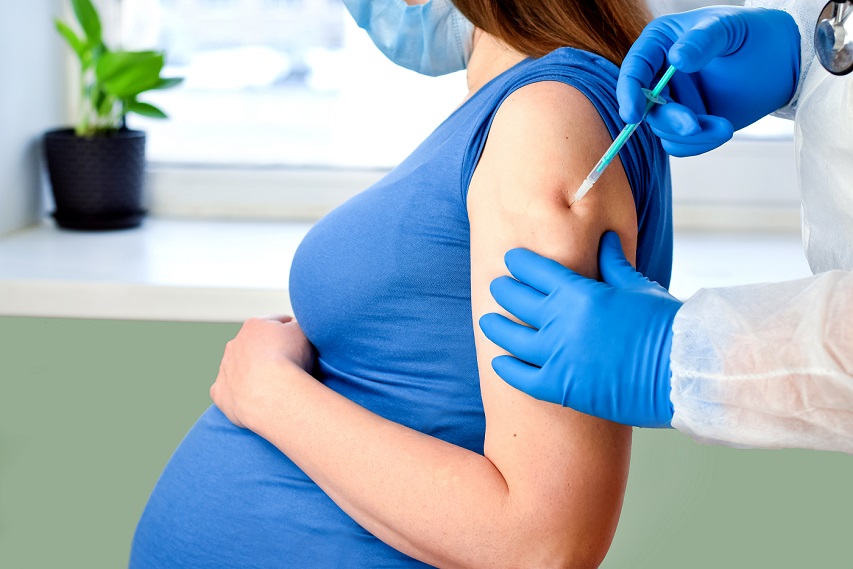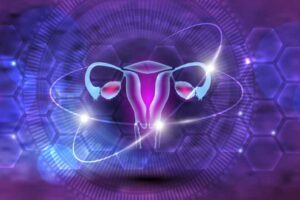The appearance of the new coronavirus infection that emerged in Wuhan, China, in December 2019 led to an epidemic that spread rapidly to become one of the most important threats to public health in recent times. In the context of Assisted Reproduction, both reproductive medicine specialists and patients have also fought against this unprecedented viral pandemic. Given the events, most had to make serious decisions, some of them lacking scientific evidence given the circumstances, and with the sole objective of guaranteeing safe patient care, reducing non-essential contacts, and preventing possible maternal damage, and fetal complications in future pregnancies; but as the outbreak progressed, coherent and consistent communication, based on science, has been essential.
According to the impact of the virus in female reproduction, there is no evidence suggesting the presence of SARS-CoV-2 viral particles in human ovary. Some retrospective studies showed no significant differences in serum sex hormones and antimüllerian hormones (AMH) levels in women with Covid-19 compared to controls. In line with these data, the results derived from a study by our group suggested that SARS-CoV-2 could not be associated with a diminished follicular reserve, based on AMH levels that remained stable in spite of the disease. In summary, having contracted the disease does not seem to affect the ovarian reserve as the virus does not directly influence AMH production by altering antral follicle count. Since the Covid-19 outbreak is still recent, studies on its long-term effect on female fertility have not yet been conducted. More robust studies with a larger sample size are required to make a fair conclusion about its impact on female fertility.
There is no evidence on the presence of the virus in the endometrium. Although there does not seem to be a negative effect of the disease on the endometrium, more studies are needed both at the molecular level and on clinical results.
For a long time, rumors have circulated about a link between vaccination against SARS-CoV-2 and infertility. It’s totally understandable that people are worried, especially about a new vaccine such the COVID-19 mRNA vaccine, which is a relatively new technology. One of the unsubstantiated arguments for the negative impact of the mRNA vaccine on fertility was the alleged similarity between the spike protein of SARS-CoV-2 and syncytin-1, a protein that is essential for the formation of the placenta in the developing embryo. The theory was that antibodies produced against this protein could also attack the placenta and cause spontaneous abortions; however, these claims have been refuted as the vaccine does not contain syncytin-1 or its mRNA sequence.
Current evidence on the effects of the SARS-CoV-2 vaccine on human fertility is very limited. Based on our findings, the vaccine does not appear to affect fertility in women as we did not find significant differences in the results of the treatments each patient underwent before and after vaccination. These data coincide with those of previously published studies in which it is unanimously stated that vaccination does not produce any detrimental effect on female reproductive physiology. This line of argument holds regardless of the vaccine received. The exposure to either type of vaccine does not affect ovarian reserve, ovarian stimulation characteristics, or folliculogenesis. Even if we focus on the time between oocyte retrievals, we did not find differences in this aspect either, as no decline was observed in the post-vaccination cycle. Finally, the post-vaccination cycles between the different types of vaccines and a similar population of unvaccinated women did not show any measurable change in the ovarian folliculogenesis as well as in the IVF results
In summary, current data are encouraging as they show that neither SARS-CoV-2 vaccination nor the type of vaccine is likely to affect fertility in women. Rumors and myths about the effects of SARS-CoV-2 vaccines have been spread as a variant of viral misinformation. However, but from the perspective of reproduction, it is obviously a good option to get vaccinated, given there is no evidence that vaccines cause infertility, and that SARS-CoV-2 infection has such a detrimental impact on overall health.





